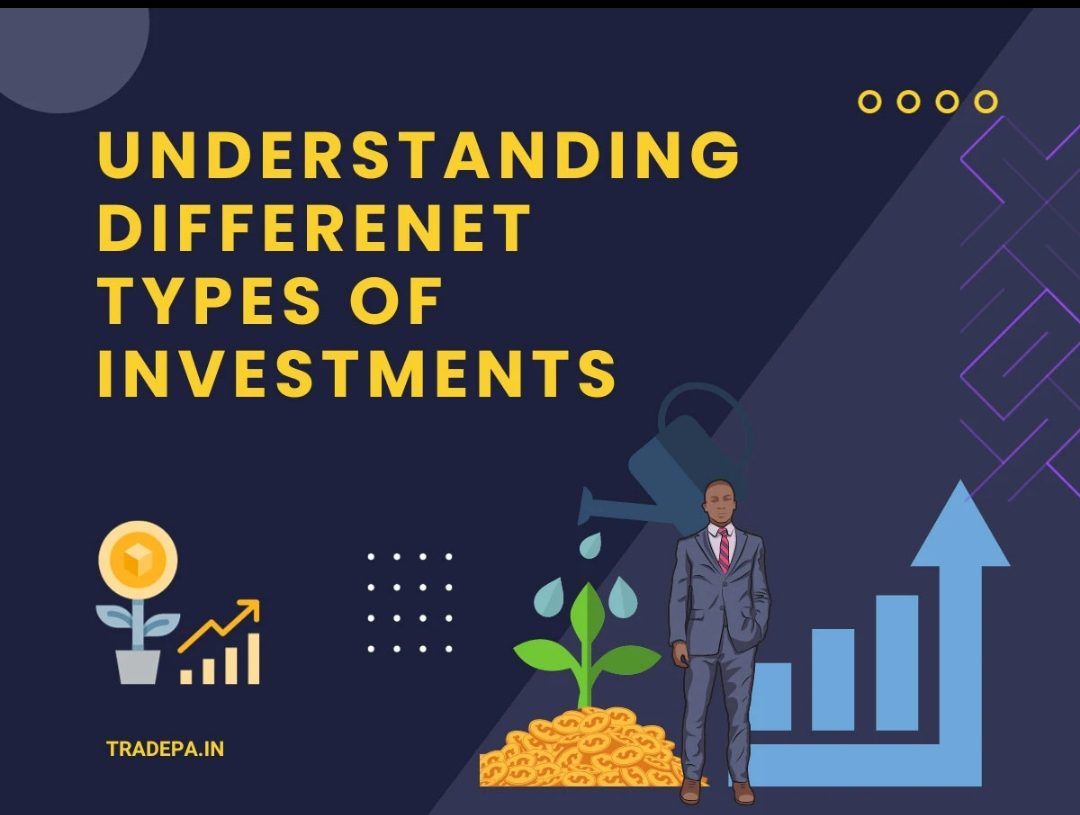Investing is a crucial strategy for building wealth and securing financial stability. It involves allocating resources, usually money, with the expectation of generating an income or profit. This comprehensive guide explores various types of investments, catering to different risk tolerances, financial goals, and timelines. Whether you’re new to investing or looking to diversify your portfolio, understanding these options is essential. Additionally, for those interested in currency trading, selecting the best brokers for forex is a key step toward successful investment.
1. Stocks
Stocks, or equities, represent shares of ownership in a company. Investors who buy stocks anticipate that the company will grow and perform well over time, increasing the value of their shares. Stocks are known for their potential to deliver higher returns compared to other investment types, albeit with higher risk. The returns come from capital gains when you sell the stock at a higher price than you purchased it and from dividends, which are portions of a company’s profit paid to shareholders.
2. Bonds
Bonds are fixed-income investments in which an investor loans money to an entity (corporate or governmental) that borrows the funds for a defined period at a fixed interest rate. Bonds are generally considered safer than stocks because they provide a steady income stream. However, they typically offer lower returns. They are a good way to balance the risk in an investment portfolio.
3. Mutual Funds
Mutual funds are investment vehicles that pool money from many investors to purchase a diversified portfolio of stocks, bonds, or other securities. This type allows individual investors access to professionally managed portfolios. The main advantage of mutual funds is diversification, which helps reduce the risk of losing money.
4. Exchange-Traded Funds (ETFs)
ETFs are similar to mutual funds but are traded on stock exchanges similar to individual stocks. ETFs hold assets such as stocks, commodities, or bonds and generally operate with an arbitrage mechanism designed to keep trading close to its net asset value, though deviations can occasionally occur.
5. Real Estate
Investing in real estate involves purchasing properties to generate rental income or resell at a higher price. Real estate can be a profitable investment but requires more initial capital and management than other asset types. Additionally, it’s less liquid than stocks or bonds, meaning it can take longer to convert into cash.
6. Commodities
Commodities include physical assets like gold, oil, and agricultural products. The prices for these goods can fluctuate based on market conditions, making them riskier investments. However, they can be an excellent way to hedge against inflation and diversify beyond traditional stocks and bonds.
7. Cryptocurrencies
Cryptocurrencies are digital or virtual currencies that use cryptography for security. They are typically decentralized and based on blockchain technology. Investing in cryptocurrencies can offer high returns, but it comes with high risk due to its extreme volatility and regulatory uncertainties.
8. Forex Trading
Forex, or foreign exchange, involves trading currencies and is the most liquid and vast financial market globally. Successful forex trading requires understanding global economies and their interconnectedness. Due to the complexity and risks associated with forex, utilizing the best brokers for forex can provide significant advantages. These brokers offer robust trading platforms, real-time data, analytical tools, and educational resources to help traders make informed decisions.
Conclusion
Investing wisely requires a good understanding of the different types of investment opportunities available and aligning them with your financial goals, risk tolerance, and investment timeline. By diversifying your investment portfolio across various assets, you can mitigate risks and increase the likelihood of achieving your financial objectives. Remember, each type of investment has its own set of risks and benefits, and it’s crucial to do thorough research or consult with financial advisors to tailor your investment strategy to your specific needs.

